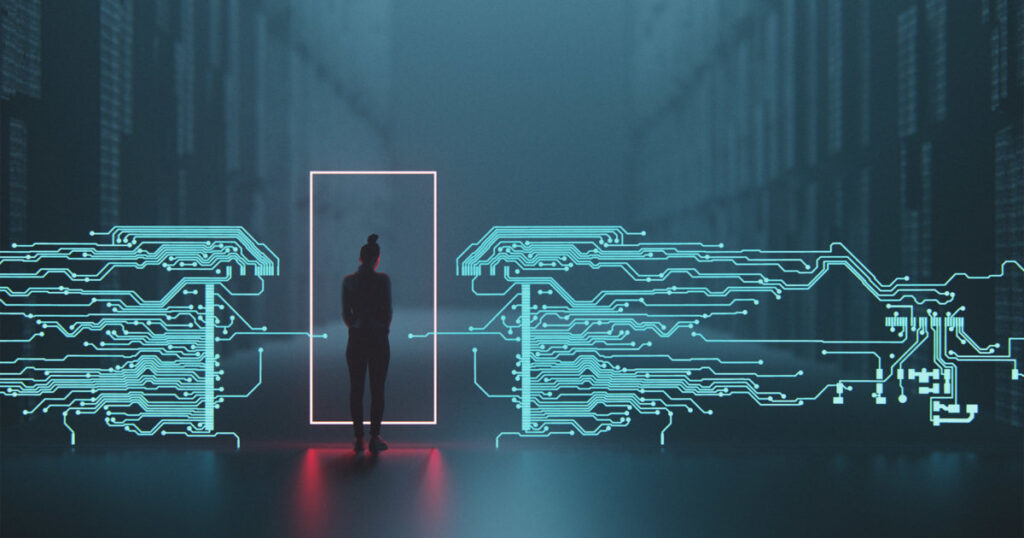Introduction:
In today’s fast-paced business world, the COVID-19 pandemic has ushered the world into the era of remote work, making it possible to be more productive anywhere. Many companies never considered moving their entire workforce online. However, recent events have necessitated this change and emphasized the importance of cyber security in remote workplaces.
The increase in remote workspaces around the world has given businesses new targets, making them attractive to cybercriminals. Given the nature of remote working, it is important to implement cybersecurity measures to protect sensitive company information and maintain business continuity.
Ensure Data Encryption: Remote workers expand work, so it is important to ensure the security of information in transit. Data encryption is a great tool to protect data so that it cannot be read by unauthorized people. Companies should ensure that their employees’ email communications and shared files are equipped with end-to-end encryption.
Use of Virtual Private Networks (VPNs): VPNs have become an important tool for protecting data in remote offices. VPN creates security between the computer and the server, making it harder for cybercriminals to intercept or modify data. Companies should encourage their employees to use a secure VPN, especially when using public Wi-Fi networks that are often unsecured.
Multi-factor Authentication: Implementing multi-factor authentication adds an additional layer of security to prevent unauthorized access to sensitive company information. This involves using two or more forms of authentication, such as a password, fingerprint, or unique code sent to the individual device.
Regular Software Updates: Companies must ensure that all employee equipment (including personal equipment used for personal equipment) is in working order and has the latest software. These updates often contain critical security patches that eliminate vulnerabilities in the software that hackers could exploit.
Cybersecurity Awareness Training: Human error is one of the main causes of cybersecurity breaches, especially for remote workers who do not have to follow traditional rules. Office contract. Therefore, it is important to provide employees with cybersecurity training that helps them understand and respond to the changing cybersecurity landscape. Training should include identifying threats such as phishing, maintaining security habits, and following the company’s cybersecurity policies.
Incident Response Plan: No matter how strong your cybersecurity strategy is, breaches can still occur. Organizations should develop an incident response plan to deal with such situations. The plan should include communicating the violation to relevant parties, conducting an investigation, and taking steps to prevent future incidents.
Implementation of Cybersecurity Tools: Organizations should invest in reliable antivirus software, firewalls, and intrusion detection systems at both ends. Designed to identify threats, protect corporate data, and prevent crime, these tools provide critical protection for an organization’s digital asset needs.
Conclusion:
Since the idea of remote working has just begun to emerge in our working lives, it is important that we focus on creating sustainable ideas about cyber-based security. It not only overcomes the potential and threats that come with remote working, but also ensures that these structures remain stable, efficient and, most importantly, secure. Let’s not let the digital age pass us by, let’s stay ahead of the curve by continuing to strengthen our cyber security measures.

